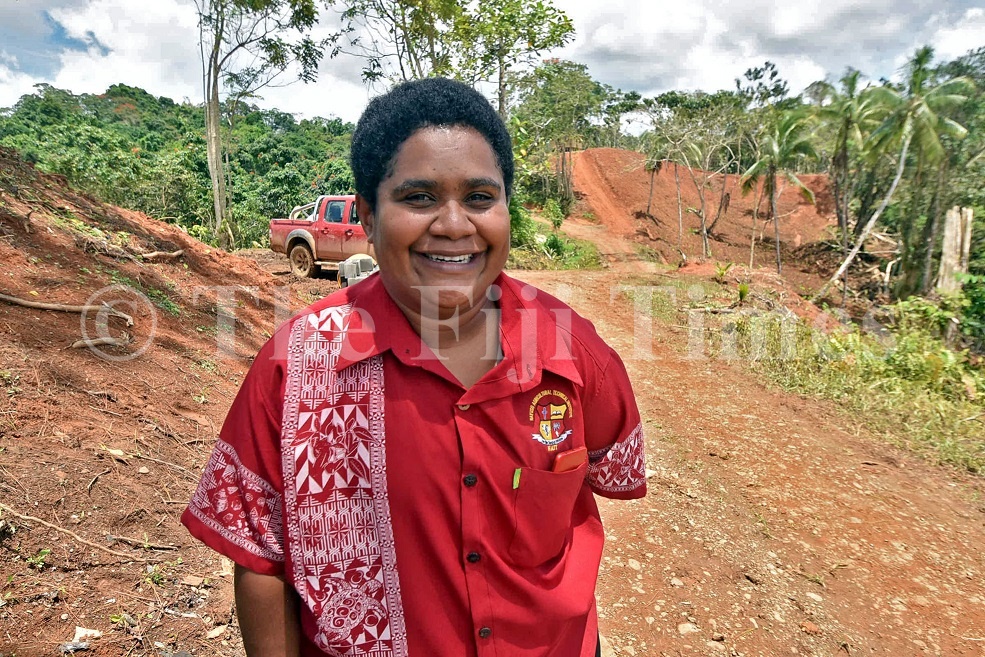Women are slowly venturing into sectors that have been largely dominated by males for many years. From business to aviation and even in the agriculture and livestock industries – women are arving out a name for themselves.
In fact, the 2020 Fiji Agricultural Census revealed that at least 46.8 per cent or 88,034 of the 188,768 households that participated in crop agriculture in Fiji were led by women.
However, during the launch of the Gender in Agriculture Policy earlier this year, Agriculture Minister Dr Mahendra Reddy said only 14 per cent of professional farmers were women.
One woman who is trying to change that statistic is Makelesi Lailai Raturaga.
She chose to stamp her mark in the farming sector by attending the Navuso Agricultural Technical Institute (NATI), whose alumni has largely been male-dominated.
Ms Raturaga was the first female student selected by the institute to be part of the Bamford Student Farmers Scheme which was launched by the Prime Minister Voreqe Bainimarama last week.
“I was a second year student at FNU (Fiji National University) completing my Bachelor in Education in 2019 when I came across the advertisement for Navuso Agricultural Technical Institute in the papers,” Ms Raturaga said.
“I immediately decided to enroll and I am thankful for my mum’s support, she did not stop me from applying here.
“I spent two years at the institute and graduated earlier this year but my heart told me to try student farming.”
She said her interest in farming began at a very early age.
“My father is a pastor and we have a farm back in the village. Coming into this institution isn’t something new for me because farming was what I did everyday while I was there.
“Back at home we used to go to the farm early in the morning, have a break at lunch time then head back in the evening because that was where we got our food from.
“We didn’t always depend on my father’s pay, we also did farming to complement what my father earned.”
The eldest of five siblings said she was thankful to be part of the Navuso Agricultural family and the pioneer class of the newly launched program.
“This is a three-year programme whereby each of us is given four acres, by the school to cultivate.
“We will plant dalo and ginger and two students get to share a farm house which is also provided by the school. Fifty per cent of the money we earn from our four-acres is directly deposited into our bank accounts as savings while the other 50 per cent is given back to the institute as part of development costs.”
Ms Raturaga said aside from the money she would take back home at the end of the three-year program she would also gain more farming knowledge and skills.
“I hope to take back the skills I have learnt in planting various types of crops and vegetables. I will not only make use of it but I will also share those skills with others I come across.
Ms Raturaga challenged other village women who were unemployed but had access to property to make use of the land by venturing into farming.
“Farming is not only for males, it could be a source of income for the family too. If men can cook and clean, then women can also do farming.”




